Back in 2004 in South Melbourne, Jason Cook established what would be the first in a long line of Foot Ankle & Rehabilitation Clinics (FARC). Slowly but surely, Jason developed his practice until 2012 when he purchased a group of established clinics in Tasmanian from a fellow colleague. In an instant, his business had grown from a single clinic to seven additional locations, a fact which allowed him to increase the range of services offered and focus on building FARC even further.
Today, the clinics offer various services and treatments dedicated to foot and ankles as well as the general medical field of podiatry. To be more precise, FARC are dedicated to the “prevention, diagnosis, treatment, and rehabilitation of all foot, ankle, and lower limb injuries and conditions”. The clinics work very closely with a number of athletes and sports organizations though they also take in other patients too. Though the clinics do not have a lot of formal arrangements with specific sports clubs, they do some work with the Institute of Sports and also take in a considerable number of athletes from various organizations. The clinics have developed a great reputation in the field and the positive feedback and varied clientele are testaments to that.
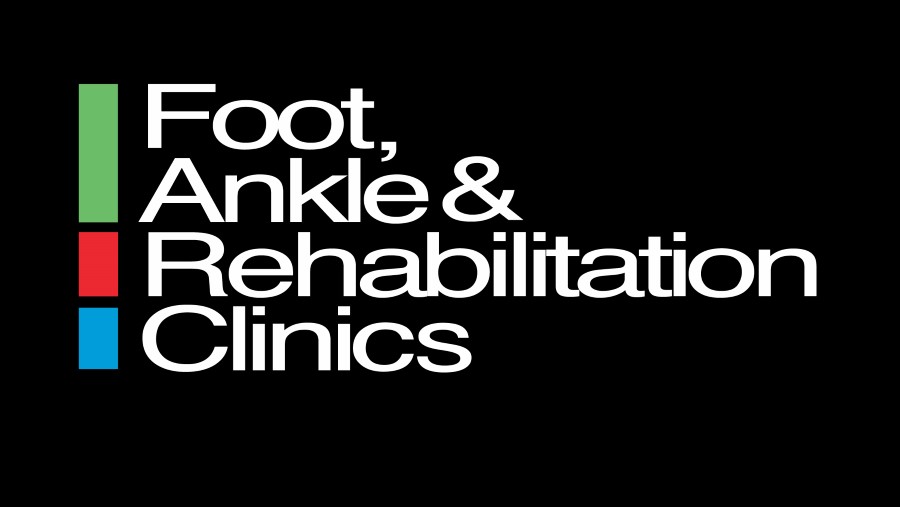
Individualized sessions for each patient
In fact, any individual is welcome to visit one of the clinics for any issues that may be affecting them. Each patient can also expect to receive a personalized approach as one-on-one sessions are standard in FARC. Providing care in a relaxing and friendly environment is an extremely important aspect that does not get overlooked in these clinics. These personalized sessions usually take between 20 and 30 minutes so that the patients can have some time to ask questions and communicate with their practitioners. The clinics try to make these appointments as flexible as possible as another example of putting the patient at the forefront.
Furthermore, the needs of each patient are always addressed regardless of their injuries or conditions. Even when the clinics cannot offer treatments for specific conditions and injuries, FARC has a strong referral network of surgeons, health, and medical specialists that allow each patient to get the help they need. Redirecting people to the right practitioners also ensures that each patient is happy and can actually receive proper treatments for their conditions. This multidisciplinary approach emphasizes the level of care provided to each patient as treating more complex conditions is not an easy task.
Technological advancements have been instrumental for the clinics. “Technology makes everything better”, says Jason. Gait analysis, for example, has changed dramatically over the years. Previously, advanced video cameras were required. Dedicated rooms with treadmills and special cameras were the only way to assess gait conditions and provide treatment options. As one might expect, this was an inflexible choice that limited practitioners to specific rooms. Now, gait analysis can be done with a tablet, which means that it can be offered in any clinic as well as in portable settings. As such, more patients now have access to these methods and the subsequent treatment plans.
Technology improvements extend even further, of course.
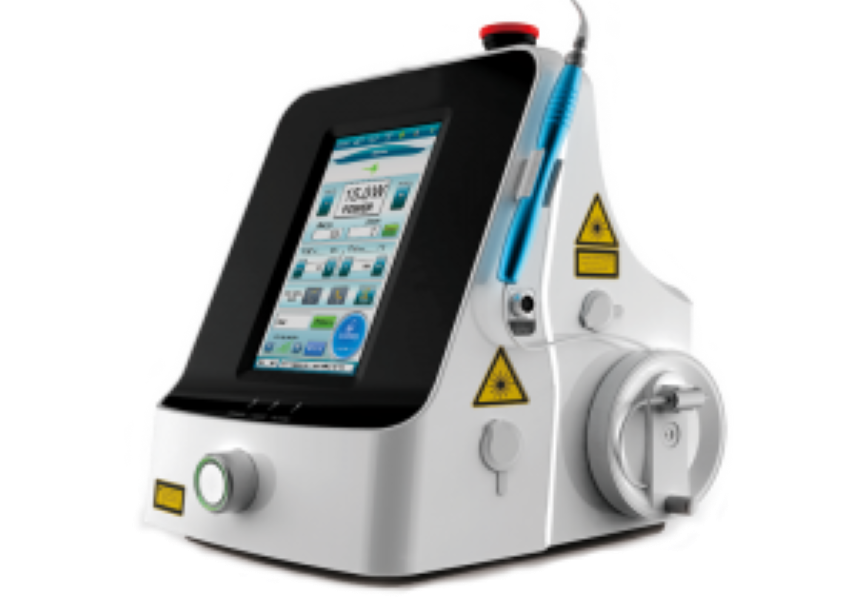
“The laser machine is quite effective. The general accepted treatment for fungal nails, for instance, is an oral medication that only a doctor can prescribe. It can have massive side effects and it involves a lengthy period of having to take a tablet a day for six to twelve months. This laser is safe, effective, and only requires two or three treatments over a three-month period. There’s no real risk compared to taking a particular drug which can have bad consequences on your liver, for example”, Jason says.
According to Jason, each patient has to be looked at individually. “There’s not one recipe, it’s based on the individual”, he explains. The dedicated practitioners have to observe the patient for any obvious signs, take an in-depth look at their medical history in order to determine any factors that might be influencing their conditions, and perform a wide range of tests. As the clinics only use evidence-based treatments, treatment plans need to be tailored to each patient in order to ensure the highest levels of care and success rates.
Providing tested and safe treatments
Another example of a tried-and-tested care option is the shockwave treatment. The technology, which came from Germany, was originally used to break down kidney stones. However, once the intensity is turned down, it can be used to treat chronic soft tissue issues like tendons. More specifically, it reduces the pain associated with those types of injuries so that the clinics can then implement additional treatments like stretching programs. Conditions like Achilles’ tendon problems highlight the need for this technology. Importantly, this kind of treatment is rarely used on its own as it’s more often used as part of a wider treatment plan.
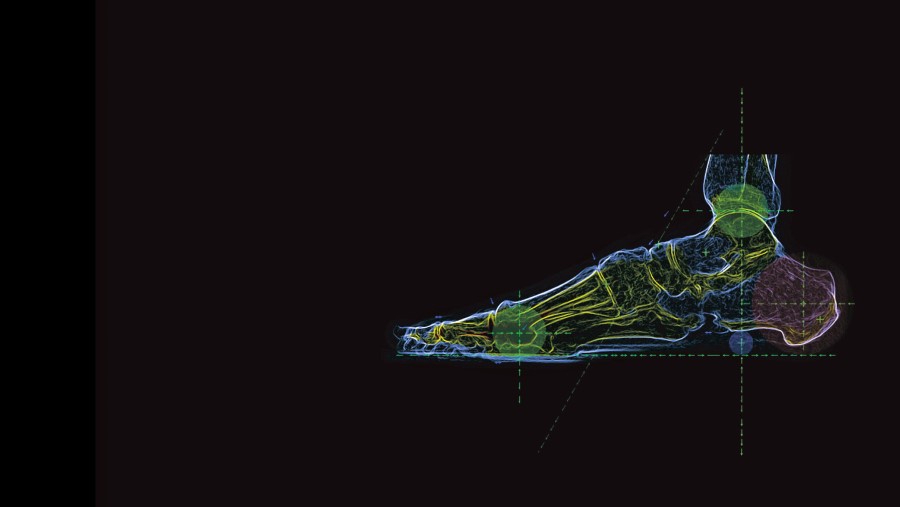
Investing in the future
As dedicated podiatrists, the clinics usually see an older demographic. To amend that, Jason is planning a new website and marketing scheme along with other initiatives that will be designed to getting younger demographics into the clinics. Services like online bookings and other conveniences will also be offered to ensure maximum appeal. “We want to offer the best level of service”, Jason says, and services like those will be a small but vital part of that. In addition to the online component, the clinics will continue investing in equipment to make sure that the best treatments can always be offered.
So far, it seems like the philosophy of FARC has worked in their favor. For instance, even though the clinics do not quantitate patient satisfaction, referrals are a big part of their business and doctors as well as former patients continue to direct new clients into the clinics. The doctors tend to keep an eye on where people come from in order to determine any potential issues though things have been running smoothly. With new investments and a dedicated approach towards the future, FARC will continue to offer that same level of care to old and new patients alike.
AT A GLANCE
WHO: Foot Ankle & Rehabilitation Clinics (FARC)
WHAT: An array of clinics specializing in the treatment and rehabilitation foot, ankle, lower limb injuries and conditions.
WHERE: 318 West Tamar Rd, TAS 7250
WEBSITE: http://farc.com.au/

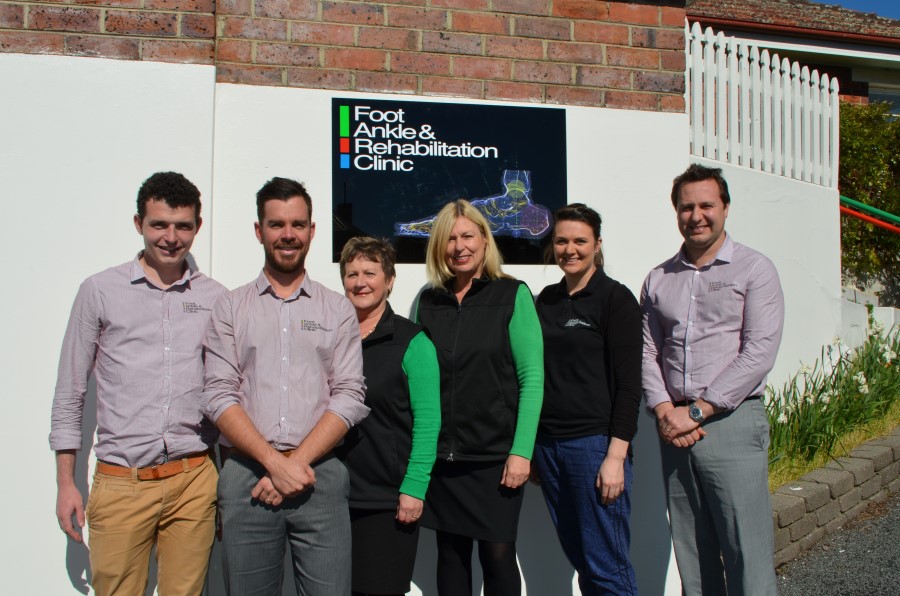
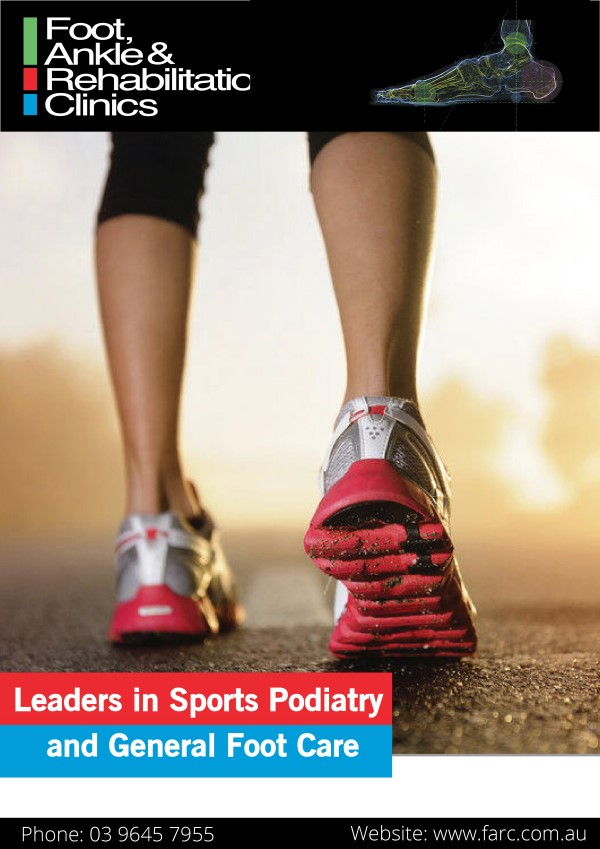
 This information will never be shared to third parties
This information will never be shared to third parties